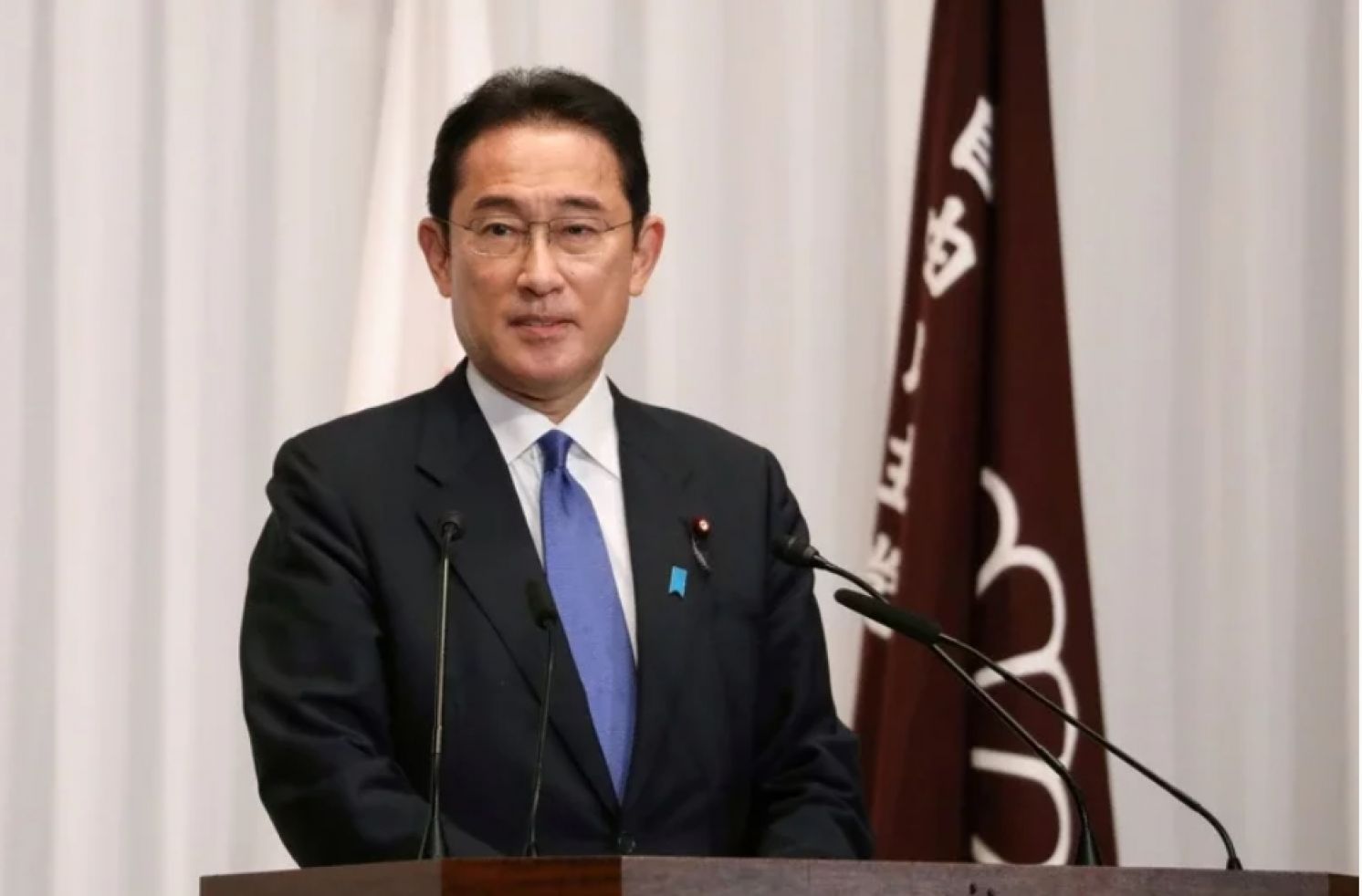
This Week in Taiwan 0926-1002
September 27: The Central Epidemic Command Center announced that starting from this week, there is no need to take every other seat in cinemas, no capacity limit on tour buses, and no restrictions on eating and drinking on both the High Speed Rail and Taiwan Railways. If the pandemic continues to stay under control, restrictions on recreational facilities like karaoke will be eased with conditions. But masks are required to sing, and gloves required to play mahjong. However, dance halls and bars are to remain closed.
September 27: In order to strengthen the combat capability of conscripts, the Ministry of National Defense will resume military training service in September. After recruits complete basic training, they must serve in military units and participate in a lottery to serve in the outer islets of Kinmen and Matsu. According to regulations, men born after January 1, 1994 are required to receive four months of military training.
September 27: The "power rationing" crisis continues to spread rapidly throughout China, affecting Shanghai and economic centers along Guangdong, Jiangsu, Zhejiang, and Shandong all the way to the inland and northeastern provinces. Chinese and foreign companies in light and heavy industry, solar energy, and consumer electronics have been impacted, affecting Apple and Tesla suppliers and Taiwanese business clusters on the mainland. Some companies have been forced to suspend production until the October 1 long weekend holiday. Power cuts have expanded from industry to the public, impacting China's economic growth and global supply chains.
September 28: When administering the BioNTech vaccine to patients, the En Chu Kong Hospital in New Taipei accidentally inoculated 25 people using undiluted vaccine stock solution. President Wu Chih-hsiung confessed negligence and apologized publicly. The hospital will track and care the health condition of the 25 affected patients on a daily basis. Of the 13 hospitalized, 11 have been discharged as of October 3. The remaining 2 hospitalized exhibit stable condition. The Health Bureau of the New Taipei City Government decided to fine the hospital NT$250,000 (about US$9,000).
September 28: Premier Su Tseng-chang went to the Legislative Yuan to deliver his policy address. Because he did not recognize the "3+11" quarantine policy as connected to the latest epidemic outbreak, the Kuomintang (KMT) caucus of the Legislative Yuan launched a boycott, demanding that he apologize. However, under the escort of ruling Democratic Progressive Party (DPP) legislators, Premier Su delivered his policy address orally in just 22 seconds. The DPP also adjusted the procedural order such that the policy address was completed in chaos. The KMT caucus blasted the move as the "nastiest in history" and announced that it would suspend all negotiations with the DPP caucus. The ruling and opposition parties have fallen into deadlock despite the fact that a new session had only just opened in the Legislative Yuan.
September 29: Fumio Kishida, the new president of Japan's ruling Liberal Democratic Party who formerly served as foreign minister and defense minister, will assume office as the 100th prime minister of Japan. Mr. Kishida previously welcomed Taiwan's participation in the Comprehensive and Progressive Agreement for Trans-Pacific Partnership (CPTPP) and viewed Taiwan as an important economic partner to Japan.
September 30: Five Taiwanese free divers went to Cyprus to participate in the World Championship. The organizer, International Association for the Development of Apnea (AIDA), removed the R.O.C. national flag on the broadcast screen without warning on September 28. Taiwan immediately expressed its protest and garnered the support from contestants from some 10 countries including Japan, taking the initiative to demand that the organizer remove its own national flag from the broadcast screen. AIDA issued a statement of apology on its official website on September 30, stating that it unilaterally decided to remove Taiwan's flag because the footage could not otherwise be broadcast in mainland China.
October 1: Mainland China dispatched 38 military planes which entered Taiwan's air defense identification zone (ADIZ). Deputy Secretary of Defense Kathleen Hicks stated that the United States continues to closely monitor the situation and emphasized that it has strong capabilities in the region to contain potential threats from China. She also reiterated that the United States would maintain its commitments to Taiwan and assist Taiwan in improving self-defense capabilities, so as to change China's intimidation calculus.